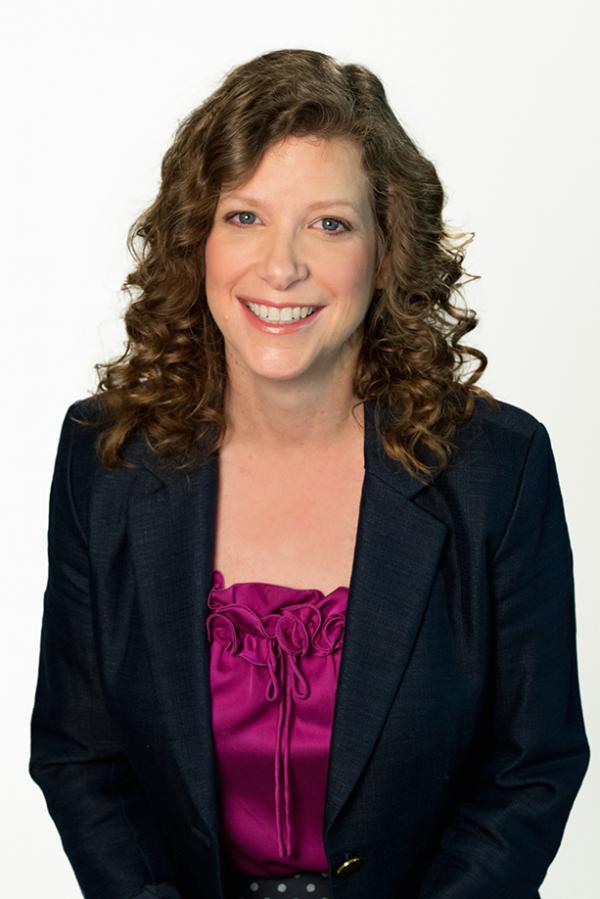
Jennie Noll, director of Penn State’s Child Maltreatment Solutions Network and professor of human development and family studies, is one of 25 individuals across the commonwealth to be appointed to Gov. Tom Wolf’s Council on Reform, which is designed to help protect vulnerable populations in Pennsylvania.
The council is under Wolf's recently announced “Protection of Vulnerable Populations” executive order and includes two academic researchers, one of which is Noll. Along with academic researchers, the council also consists of advocates for nine different minority populations, health care professionals, city and county officials, and provider and community representatives.
Each council member that is appointed by the governor will be a voting member and will consider protecting Pennsylvania’s most vulnerable populations from the perspectives of prevention and diversion, protection and intervention, and justice and support.
In addition to the voting members, representatives from Wolf’s cabinet secretaries also will be included on the council as nonvoting members. These members include the secretary of human services, the secretary of health, the secretary of aging, the secretary of drug and alcohol programs, and the executive director of the Juvenile Court Judges Commission.
Translating this discussion into policy reform is the chief goal for Noll, who also is a co-funded faculty member of the Social Science Research Institute. Council members will communicate with respective stakeholders to seek input on the current issues vulnerable populations are facing. The input will be well received as council members will use this information with the following directives:
- Establish Pennsylvania as a trauma-informed state with the intent of better assisting people who have had adverse childhood experiences.
- Use data and analysis to identify high-risk providers for additional oversight.
- Implement a statewide child welfare case management IT system.
- Update Older Adult Protective Services mandatory reporter training.
- Establish sustainable housing and long-term services and supports for individuals exiting the corrections system.
Ultimately, the council hopes to implement and improve systems for vulnerable Pennsylvanians relying on the commonwealth by using the given input to generate ideas and recommend suitable avenues for policy change. They will be accountable for reporting their collaborative work to the general assembly by November.
“My work on this council will be closely aligned with that of the Penn State’s National Institutes of Health P50 Capstone Center for Healthy Children,” Noll said. “The reform recommended by this council has the potential to enhance the safety and well-being for vulnerable children and adults across the commonwealth, a chief goal of both our center and of the council.”